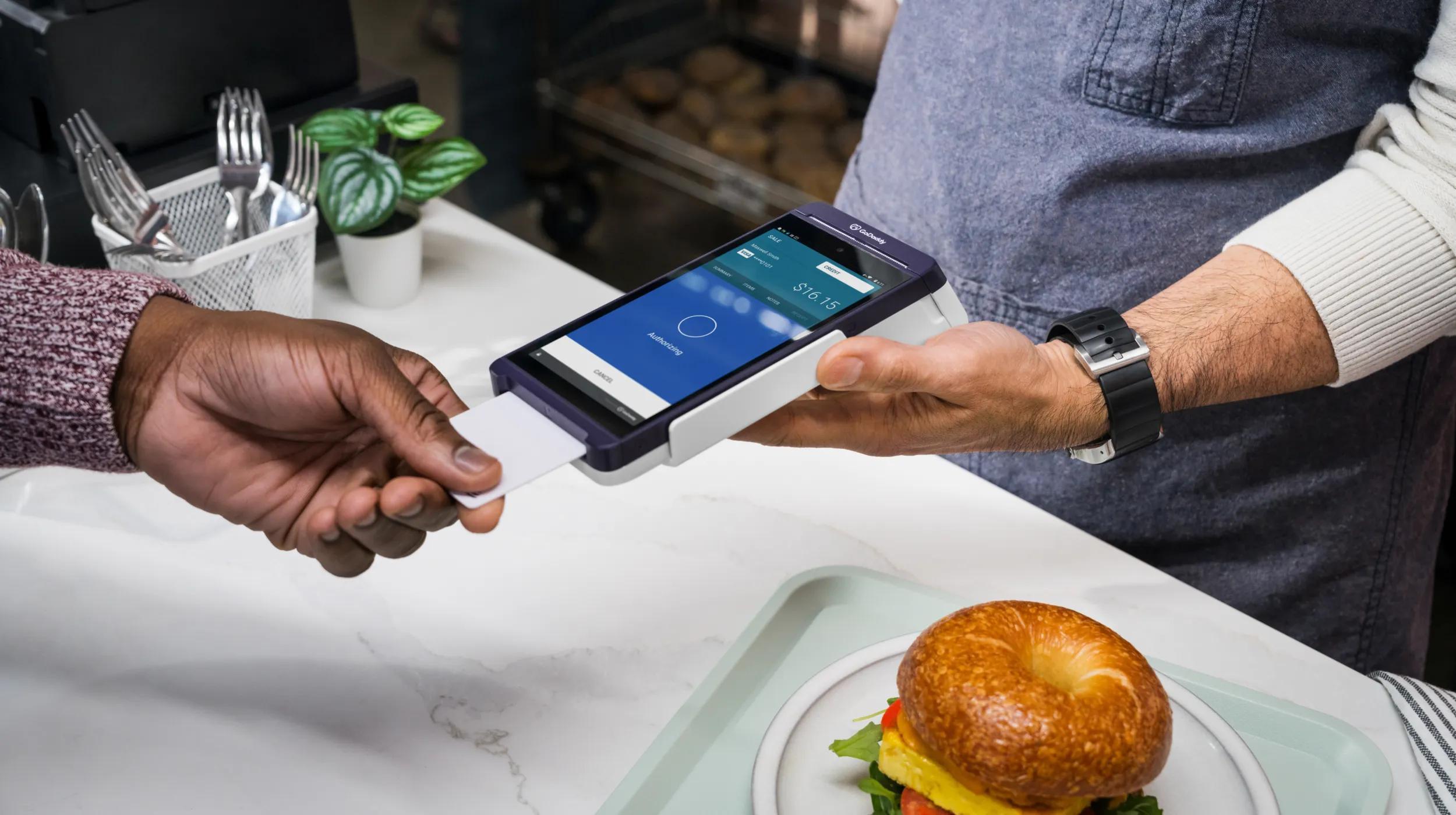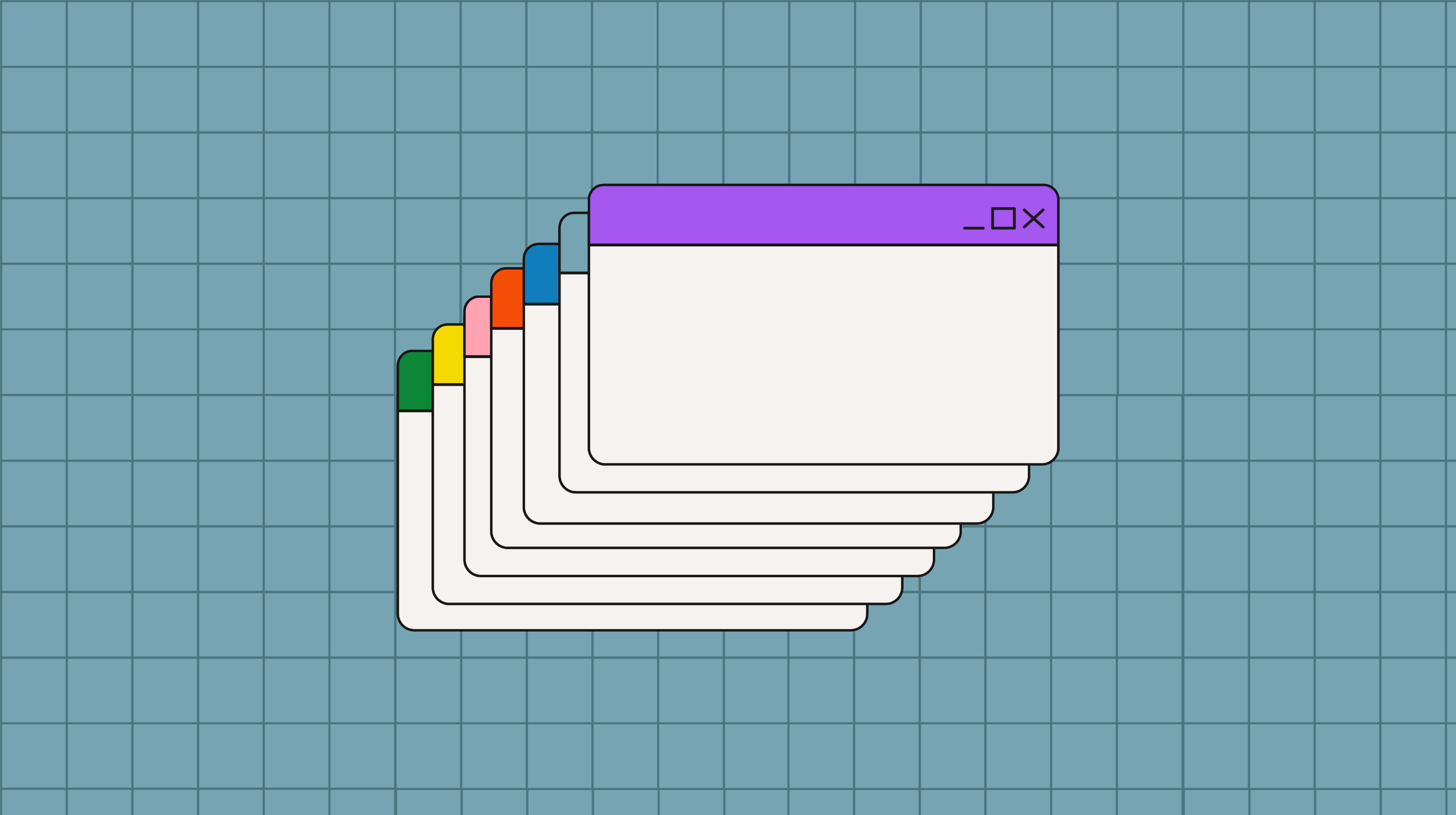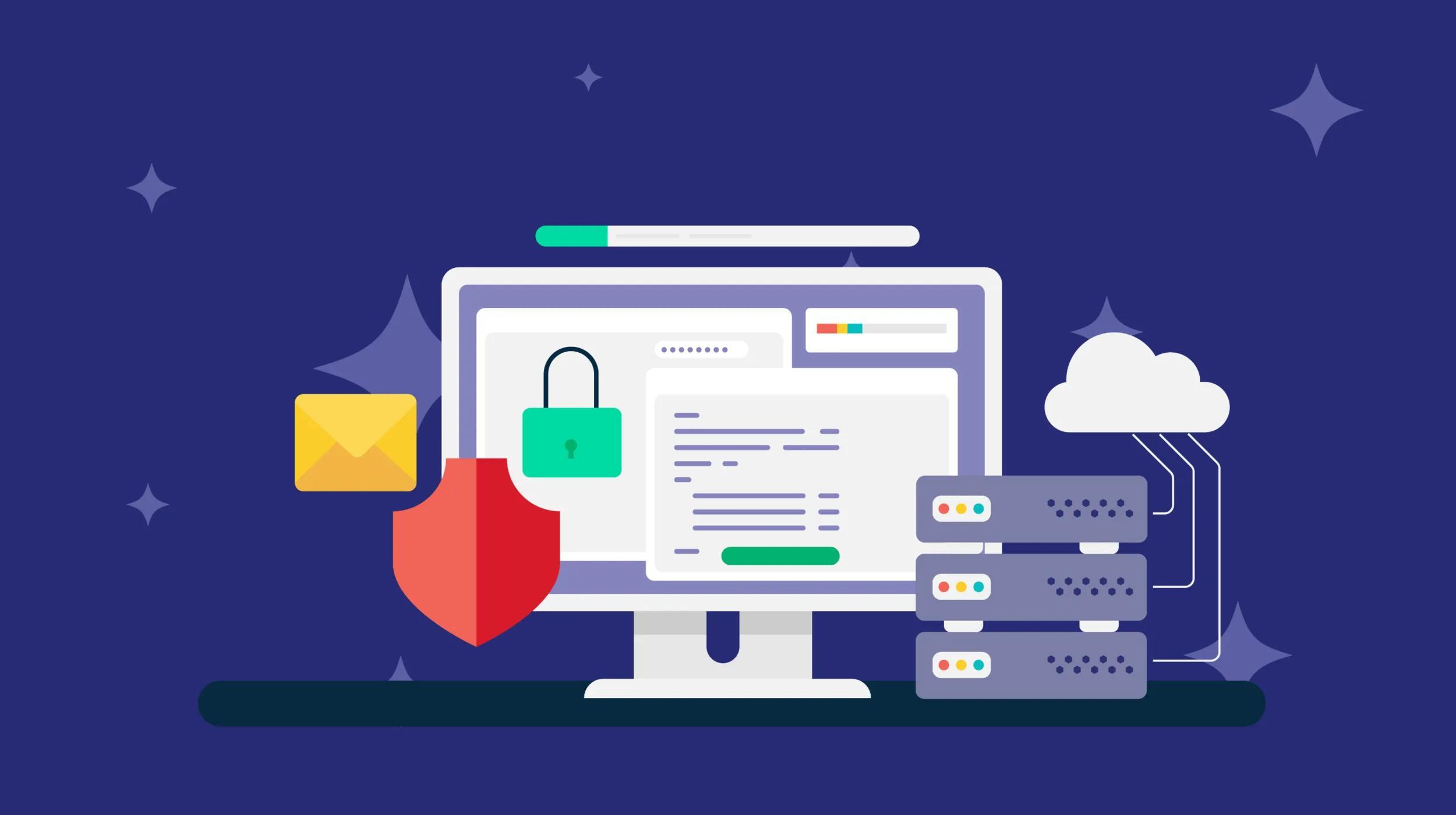Most brick-and-mortar store owners are familiar with point-of-sale (POS) systems. However, many don’t realize that they can be a powerful hub for your sales, customer data, and business insights. When you get familiar with a POS, you start to see it as more than a way to process transactions. It can help you track inventory in real time, manage staff schedules, and uncover trends that lead to smarter business decisions. Let’s break down the benefits of a POS system that go beyond ringing up a sale.
Improves customer service
Customer expectations are higher than ever, and competition is fierce. A POS system can be the edge that sets your business apart. Checkout is one of the most important moments in the customer journey; when the process is smooth and convenient, it leaves a lasting positive impression.
The 2023 Global Digital Shopping Index by PYMNTS found that 48% of U.S. shoppers see having multiple payment options as a top priority. With the right POS, you can meet that need by offering choices like credit and debit cards, Apple Pay, or QR code payments. Even if a customer forgets their wallet, you can still complete the sale. Just remember to factor in credit card processing fees when setting your prices.
Because your POS is at the heart of the checkout experience, optimizing it has a direct impact on customer satisfaction and loyalty. This means it should evolve alongside customer service trends.
Incorporating advanced customer service tools
Take your customer experience beyond the checkout counter by integrating advanced service features into your POS system. Tools like interactive voice response (IVR) and online chat give customers more ways to get quick answers, resolve issues in real time, and stay engaged with your business. This added layer of service can strengthen relationships, encourage repeat visits, and help your brand stand out in a crowded market.
Enhances professionalism with branded invoicing
The right POS system can help you present a polished, professional image through branded invoicing. When connected to invoicing software, your POS makes it easy to create custom invoices with your business name, logo, and contact details. Every invoice becomes an opportunity to reinforce your brand and build trust with customers.
Branded invoicing adds credibility to your business while simplifying your workflow. You can generate, send, and monitor invoices directly from your POS, reducing manual work and minimizing errors. Customers get clear, consistent, and professional invoices every time, which creates a better overall experience and encourages repeat business.
This setup also keeps all your sales information in one place, no matter where a transaction happens. Centralizing invoice and payment data enables you to manage accounts more efficiently, track outstanding balances, and follow up with customers faster.
Tracks and surfaces essential data in real time
Data is one of your most valuable tools for understanding customer behavior and improving overall business performance. Your POS system can capture and organize details like purchase histories, peak shopping times, return rates, and chargebacks to give you a complete view of how your business is doing. With these insights, you can identify which products to stock more of, when to run promotions, and how to adjust operations to keep customers happy.
Your POS can also help increase your average order value (AOV) by enabling personalized recommendations. For example, if a customer buys a sweater and comes back for another item, you can suggest complementary products at checkout. This cross-selling strategy boosts revenue without needing more customers and increases customer retention. Those loyal shoppers also free up more of your marketing budget to focus on attracting new customers.
Leveraging real-time analytics for informed decisions
Real-time reporting and analytics give you the information you need to make quick, confident business decisions. By tracking inventory levels, sales trends, and customer behaviors as they happen, you can adjust your strategy on the spot to avoid overstocking or running out of key items. This kind of visibility also makes it easier to spot emerging trends and respond to market shifts before your competitors.
With GoDaddy Airo’s AI-powered assistant, you can dig into your catalog and business data, surface key metrics, and act on them fast. Use simple voice or chat commands to handle routine tasks in minutes, freeing you up to focus on growth. The result is smarter inventory management, lower holding costs, and a business that can pivot quickly when customer needs change.
Optimizes operations with advanced POS features
POS systems can help you manage your entire team more efficiently. Advanced features like team management and employee scheduling make it easier to coordinate shifts, track performance, and ensure you always have the right coverage.
By managing schedules directly within your POS, you can see who’s working, approve time-off requests, and quickly adjust staffing based on sales trends or seasonal demand. Performance tracking tools also give you insight into individual and team productivity, helping you recognize top performers and identify areas for improvement.
Identifies and prevents inventory management red flags
Strong inventory management for small businesses starts with having a clear view of what you have, what’s selling, and what’s sitting too long. Frequent write-offs or products that become outdated can be early warning signs of problems, such as slow sales or changing customer preferences. A POS system with real-time tracking gives you the insight to spot these issues early, so you can adjust inventory levels or shift your marketing strategy before they affect your bottom line.
Accurate accounting for inventory management
Accurate inventory accounting is crucial for financial reporting and business planning. Common methods include:
- FIFO (First-In, First-Out)
- LIFO (Last-In, First-Out)
- Weighted-Average Costing
If you need a refresher on these methods, check out our guide to inventory management for ecommerce.
Implement automated reorder points and safety stock levels
With a POS system, you can set automated reorder points that trigger restock orders as soon as inventory dips to a set threshold. It can also help maintain safety stock levels, which provide you with backup inventory for unexpected demand spikes or supplier delays. This automation helps you keep products available without overstocking, while reducing manual work and costly mistakes.
Enhance operational efficiency with barcode scanning
Barcode scanning speeds up inventory tracking, reduces manual entry errors, and makes checkout faster. GoDaddy Smart Terminals come with a built-in barcode reader, so you and your team can scan products, update stock levels, and process sales with ease. By keeping records accurate and products ready to go, you’ll improve day-to-day operations and create a smoother shopping experience for customers.
Ensures business continuity with offline support
An internet outage shouldn’t bring your business to a screeching halt. A cloud-based POS system with offline functionality enables you to keep serving customers, ringing up sales, and tracking inventory even when you’re not connected. Once you’re back online, your POS automatically syncs all transactions and inventory updates so your records stay accurate.
The result? No missed sales, no frustrated customers—just uninterrupted operations, even when the unexpected happens.
Enhances data protection and security
Your POS system should protect your business entity and your customers every time a transaction takes place. Built-in security features like fraud protection, data encryption, and PCI compliance help safeguard sensitive information and reduce the risk of breaches.
Handling chargebacks quickly and effectively is another key part of keeping transactions secure and maintaining customer trust. With the right POS, you can detect suspicious activity early, resolve disputes efficiently, and keep payment data safe from start to finish.
Mobilizes your sales with portable POS
Mobile POS capabilities help expand your reach and enhance convenience for customers. POS systems accessible through mobile phones enable you to process transactions on the go, whether at a pop-up shop, food truck, or sales event. This mobile POS flexibility allows you to accept payments anywhere, delivering a seamless experience for customers and increased sales opportunities for your business.
Unifies your operations through omnichannel integration
An omnichannel retail solution unifies your operations across in-store and online channels. This omnichannel integration supports features like buy-online-pickup-in-store, providing customers the convenience they demand while giving you a complete view of performance across all touchpoints.
By syncing sales data, inventory, and customer information, you can create a centralized platform to manage your business. It also helps you sell where your customers are, integrating all your sales channels.
Improves customer loyalty programs
A loyalty program can turn first-time buyers into lifelong customers, and your POS system can make managing it effortless. Integrating your loyalty program with your POS allows you to enroll customers on the spot, track their rewards, and apply discounts instantly at checkout.
For example, a clothing store preparing for the holiday season could use POS data to identify repeat shoppers from earlier in the year and send them exclusive festive discounts. This targeted approach gives loyal customers an extra reason to shop with you during peak sales periods, boosting revenue when it matters most.
Your POS can also store each customer’s purchase history, preferences, and buying patterns to help you reward your most active customers and keep them engaged.
Related: Top ecommerce loyalty program ideas
Leverage gift cards for seamless sales and customer engagement
Gift cards are an often overlooked yet smart way to encourage repeat business and attract new customers. When your POS has built-in gift card functionality, you can sell, redeem, and manage gift cards in-store or online without extra steps.
Every transaction is tracked in real time, so you’ll always know the current balance, sales activity, and redemption history. This prevents fraud and simplifies accounting. Promoting gift cards during holidays or as part of your loyalty program can give customers another reason to return, while making it easy for staff to process them just like any other payment.
Incorporates sustainability practices in inventory management
Good inventory management can help your business be more sustainable. By reducing excess stock, you cut down on waste from spoilage, theft, damage, and items that go out of style or become obsolete. This saves money and lowers your environmental footprint.
Choosing a POS system with built-in sustainability features or certifications, such as GreenCircle Certified, can take your efforts further. These certifications show that your technology meets specific environmental standards, helping you align your operations with eco-friendly business practices while maintaining the efficiency you need to grow.
The bottom line
A modern POS system can be the engine that powers smoother operations, better customer experiences, and smarter business decisions. From real-time analytics and automated inventory management to loyalty programs and secure payment processing, the right setup keeps your business running efficiently.
GoDaddy’s POS systems and payment processing solutions give you the flexibility, insights, and tools to handle sales your way. Regardless of the type of business you run, you’ll get everything you need to process payments securely, track performance, and grow with confidence.
FAQ
What businesses benefit from POS systems?
Below are some of the most common businesses that benefit from having POS systems.
Retail stores
Retail businesses depend on accurate inventory management, smooth checkout processes, and insights into customer buying habits. A retail POS system updates stock levels in real time, processes transactions quickly, and captures purchase history that you can use for targeted promotions. This means less time spent tracking down missing items and more time building strong customer relationships.
Food service
In the food and beverage industry, speed and accuracy are everything. A POS system can easily manage fast checkouts, online ordering, staff scheduling, and payment processing. Many also integrate with kitchen display systems to ensure orders are communicated instantly to the back of house. The result is a seamless experience for customers and more organized for staff.
Service providers
POS systems for service providers such as salons can manage appointment scheduling, track product and supply inventory, and store client preferences for personalized service. Having everything in one place helps you keep schedules full, reduce no-shows, and create a better overall experience for your clients.
Grocery stores
Grocery stores handle large transaction volumes, track perishable goods, and keep shelves stocked without over-ordering. A POS system can help you manage all of this while integrating loyalty programs that encourage repeat visits. They offer features like barcode scanning, weight scale integration, and real-time price updates to make checkout faster and more accurate.
Related: Learn how to write a receipt
How much does a POS system cost?
A POS system can cost anywhere from $0 to $2,000 upfront, with most businesses spending between $500 and $1,000 annually on software and recurring fees. The total cost depends on factors like hardware, software features, customization, your business size and industry, and whether you're paying for a subscription, a one-time license, or per-transaction processing fees. Learn more about the costs of a POS system.







